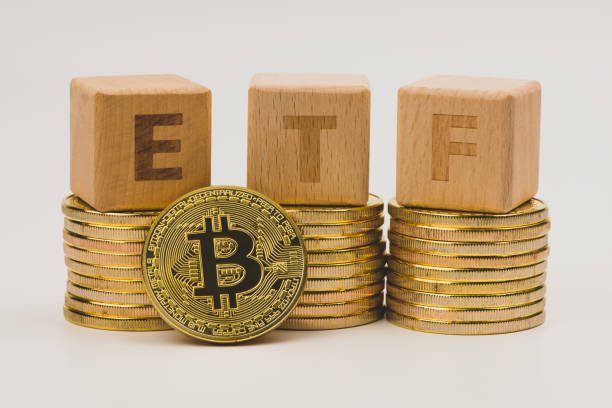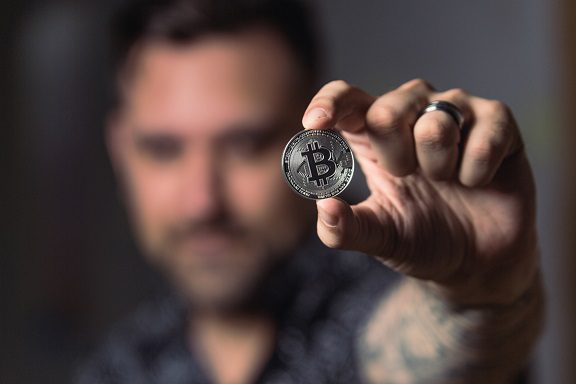Who is in Charge of Bitcoin
Traditional currencies are centralized, meaning central authorities such as governments and banks control them. Central banks, for example, will order the printing and issuance of money. Additionally, they will set rules for using the money. On the other hand, Bitcoin is decentralized with no single authority exercising control.
Decentralized networks operate on independently run servers, rather than on a centralized server. This is the case with Bitcoin
Decentralized social networks operate on independently run servers, rather than on a centralized server owned by an organization. The same is true for the Bitcoin network. The network is controlled by thousands of nodes, which are several user-owned computers that run the Bitcoin network. No central authority is making decisions on how the network operates, instead, every user participates in the decision-making process.
The Governance of Bitcoin
Most of the existing systems rely on a central authority to maintain order, equity, and reliability. However, Bitcoin achieves all these goals without any central authority that offers guidance, interference, and trust.
Bitcoin achieves this through an incentive system that rewards network participants to follow generally agreed rules while limiting their ability to influence the rules. Here is how this system works for each subset of network participants:
Developers
At first, it may seem that the developers who created the Bitcoin code have control of the protocol. There is some truth to this since developers maintaining the code ultimately dictate the rules that every Bitcoin user must follow. However, there is a catch as Bitcoin is peer-to-peer.
Let’s consider the vast majority of the software we interact with, from websites to the applications running on our phones and personal computers. The software is maintained by central servers owned by an individual, a business, an organization, or even a government. Anyone using the app interacts with a codebase stored in servers that end users have no control over. There is an asymmetric relationship where the owner of the software possesses more power than the users. They reserve the right to make changes to the software, for example when releasing new updates. Users have no choice but to accept the changes made by the owners of the software if they are to continue using the software.
Bitcoin is peer-to-peer and does not operate in such a centralized manner. Each participant in the Bitcoin network can choose the version of the network they want to run. Bitcoin’s developers cannot compel users to accept their updated version of the protocol. Instead, nodes can decide not to download the new version and continue to operate on any iteration of their choice. However, users who choose to download an upgrade are also allowed to continue using the network. Bitcoin nodes can always be rolled back to the older versions of the latest releases that do not meet the user’s expectations.
Miners
Miners have the critical role of securing the Bitcoin network. They verify transactions and add them to the blockchain network. Despite holding prominent positions, these users do not have more control over the network than others. In fact, any user can acquire the mining machine and become a miner.
A miner who tries to break the rules, for example by awarding themselves more Bitcoins, will have their requests denied by the nodes. In such cases, they will have spent their resources with no rewards. Miners have the power to select the transactions to include in their blocks. However, malicious censoring of transactions will go against their economic interests. The more blocks they help create the more rewards they earn.
Nodes
Nodes are the referees on the Bitcoin network. They validate each block (containing transactions) before it can be added to the network. Nodes also maintain a ledger of all transactions and make them available for every user on the network to see. Like referees, Nodes enforce rules but do not create them. Additionally, they cannot arbitrarily choose to follow some rules and ignore others. Any attempt to do so will be rejected by other nodes and left out of the consensus process by other nodes that operate in the same fashion. Nodes earn small rewards for their work.
Who decides the Future of Bitcoin?
No single entity can control the Bitcoin network and define its future. Instead, the network uses the principle of, ‘majority rule’. Through votes, the majority can agree to a change in the network operations and no single entity has the power to veto that decision. That is the nature of a truly decentralized network, and apparently, it is working for Bitcoin.




